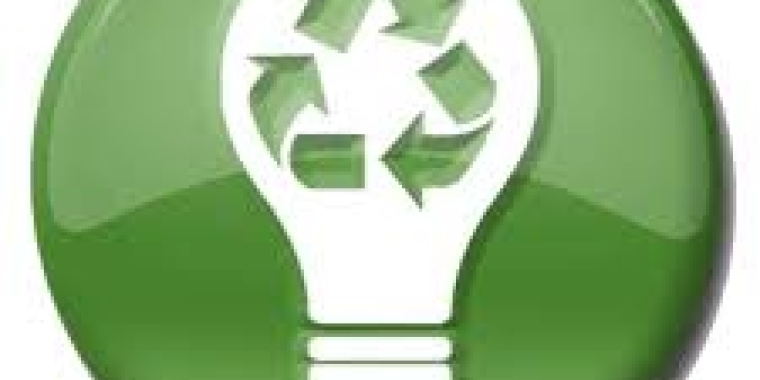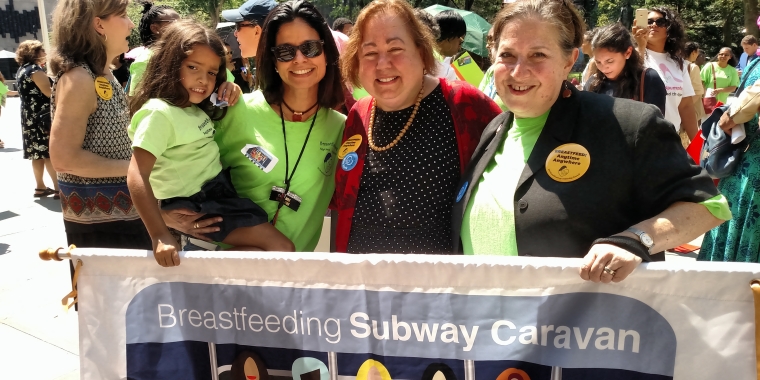
How to Make Your Home More Energy Efficient
Liz Krueger
August 4, 2010

This summer New York has experienced record-breaking heat, which has lead New Yorkers to take refuge inside, where there are cooler temperatures. But lower temperatures inside often lead to higher energy costs. To help you save both energy and money, Senator Krueger recommends you take the following steps to make your home more energy-efficient:
Use Energy Star Products
Energy-efficient products may be more expensive to purchase but over time you can save about 30% on your energy bill. Energy Star-qualified appliances use 10 to 50% less electricity than standard models. Go to http://www.energysavers.gov to get tips on how to save energy and which energy efficient products you can buy.
Cooling
• Set your air conditioner to no cooler than 78 degrees (if its lower it can increase your costs up to 40%).
• For every degree you set back your thermostat you can save three percent on your energy bill.
• Don’t use air conditioners in rooms that aren’t being used.
• Don't set your thermostat at a colder setting than normal when you turn on your air conditioner. It will not cool your home any faster and could result in excessive cooling and, therefore, unnecessary expense.
Insulation & Air Sealing
• Make sure windows are installed correctly to avoid air leaks.
• Use caulk or weather stripping to seal up any air leaks.
Lighting
• If there is enough light outside during the day, turn off lights near windows.
• If possible replace light switches with dimmers or motion sensors.
• Use Energy Star-qualified compact fluorescent light bulbs (CFLSs). They use less than 25% of the electricity standard bulbs use and last 10 times longer.
• Shut off all lights when you leave the room!
Appliances and Electronics
Oven
• Use a microwave rather than an electric or gas oven as much as possible. Microwaves use less than half the power of traditional ovens.
• Try not to open the oven door more than necessary. Each time it is opened the oven loses 25 to 50 degrees.
Refrigerators
• Open the refrigerator and freezer doors only when necessary .
• Set your refrigerator at 40 degrees and the freezer to zero degrees.
• Shut the refrigerator and freezer doors tightly and make sure they have a good seal.
• Cover liquids in the refrigerator. Uncovered liquids make the refrigerator work harder.
• Loosely store food in the refrigerator so air can circle around it.
• Pack items tightly in the freezer. If there is extra space, put in bags of ice.
Washing and Drying
• Run the dishwasher and clothes washer only when you have a full load.
• Wash clothes with cold water whenever possible.
• Clean your dryer’s lint filter before each load, it improves air circulation.
• Dry towels and heavier cottons in a separate load from lighter-weight clothes.
• In the summer months, run your washing machine, dryer, and dishwasher early or at night when it’s generally cooler.
Electronics
• Unplug home electronics when not in use, such as TVs, cable boxes, computers, and monitors. Using power strips makes it easy to switch them on and off.
• Unplug battery chargers when the batteries are either fully charged or the charger is not in use.
• If purchasing a new computer, buy a laptop instead of a desktop computer. They use much less energy
Share this Article or Press Release
Newsroom
Go to Newsroom20 Senators Urge Closure Of Fracking Waste Loophole
August 24, 2016
Senator Krueger's Community Bulletin - August 2016
August 8, 2016
Breastfeeding Caravan Kicks Off At City Hall
August 5, 2016
